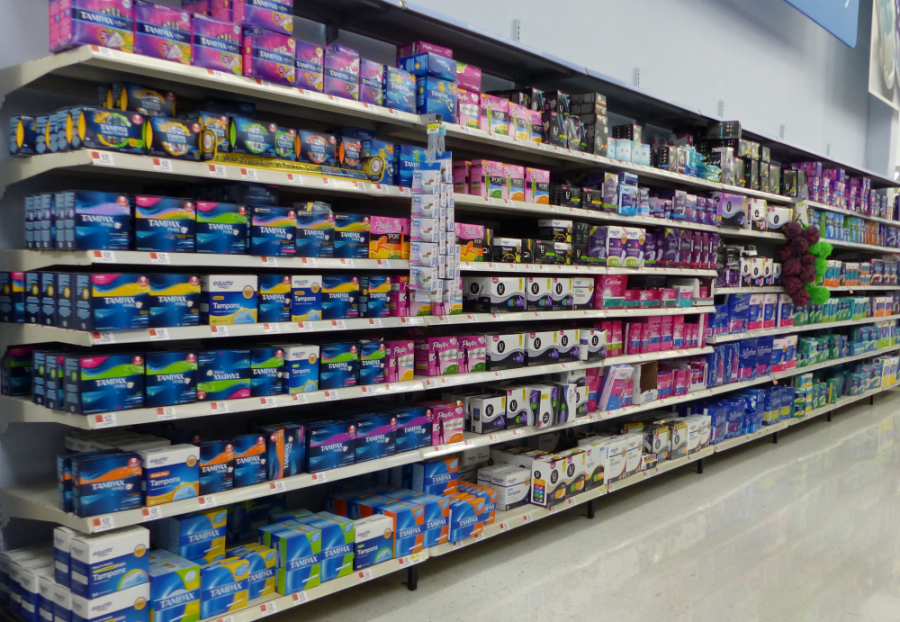Homeless women all over the United States struggle with daily needs. One often overlooked necessity is feminine care products, such as pads and tampons.
The Coalition of Black Organizations on the University of Arizona campus is running a drive to collect feminine products for the Sister Jose Women’s Center in Tucson. The women’s center is a nonprofit organization dedicated to providing homeless women with a safe and helpful environment.
The drive started on Oct. 1 and is running until Oct. 31.
Shelby Young, student co-director of Coalition of Black Organizations, explains how students can contribute to this cause.
“The only thing students need to do is buy full packaged pads and tampons and drop them off at any of the cultural centers,” Young said. “This includes the African American Student Affairs, Asian Pacific American Student Affairs, the Guerrero Center, Native American Student Affairs and Immigrant Student Resource Center.”
RELATED: Column: The “pink tax” is keeping women from financial equality
Through the assistance it provides, the Sister Jose Women’s Center strive to fulfill its mission to provide “unaccompanied homeless women with a stable and safe environment to recuperate from the daily struggle of homelessness and extreme poverty,” as mentioned on their official website.
The center’s Sisters Helping Sisters Day Program, which takes place Mondays through Saturdays, provides homeless women with the chance to shower, meals, clothing, footwear, a roof over their heads and access to feminine hygiene products.
In general, the Sister Jose Women’s Center provides a safe atmosphere for women in need. Other services they provide include overnight accommodation and career and future planning assistance.
In 2017, approximately 26 percent of Arizona’s homeless were single women, according to the Arizona Department of Economic Security. Feminine hygiene products are not covered under government welfare programs.
A box of tampons or pads can range from 3 to 7 dollars on average, but often exceeds this cost, and for many homeless women this is a cost that cannot be justified. Therefore, this necessary hygiene measure is often unmet.
RELATED: Column: We need quality feminine products readily available on campus
UA students are encouraged to continue donating or volunteering at the Sister Jose Women’s Center. On average, it takes 1,400 volunteer hours each month to keep Sister Jose’s running smoothly and the organization continues to reach out to the public to recruit more volunteers.
There is information about the volunteer orientation and information session for potential volunteers on the Sister Jose Women’s Center website.
Follow Gwen Spencer on Twitter









